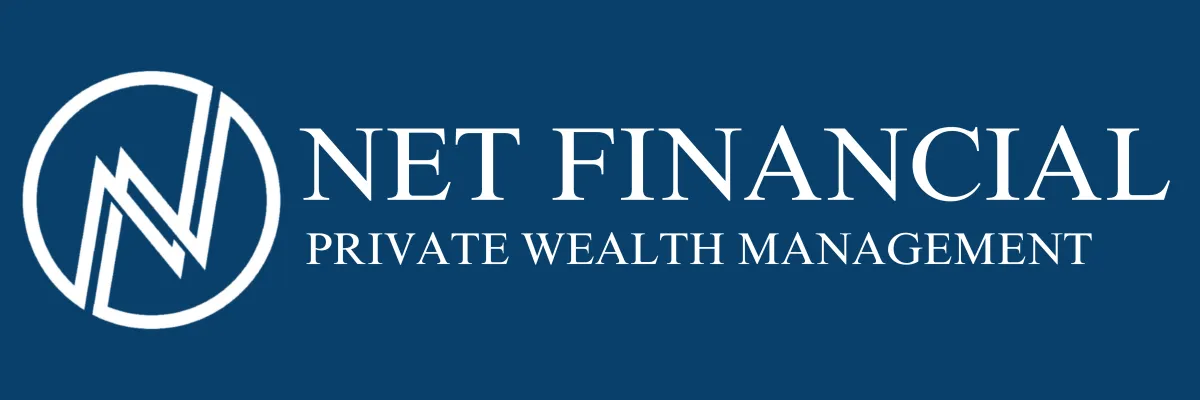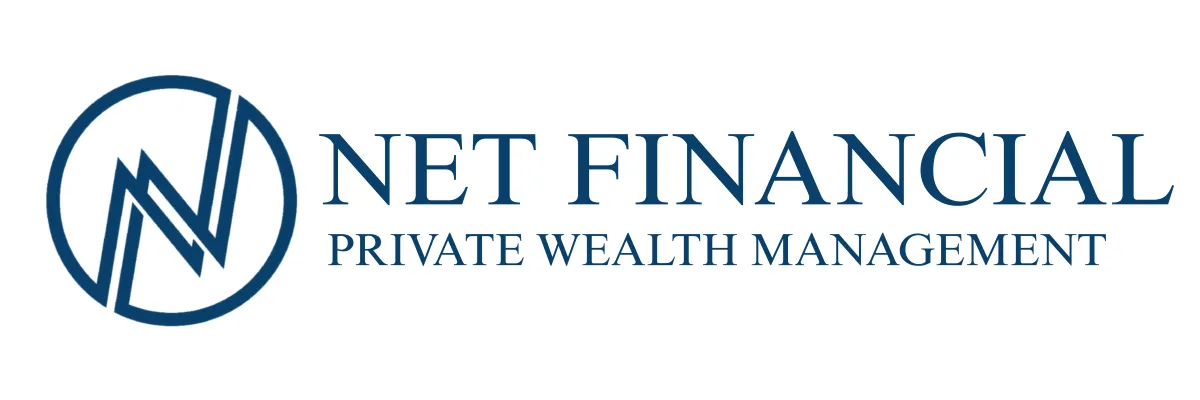401(k) Plans for Small Businesses
Secure the future of your business and your team by establishing a 401(k) retirement plan. Connect with Net Financial to explore how to get started.
Why Your Business Should Offer a 401(k)
Surprisingly, many small businesses still don’t offer a 401(k) plan—despite the major advantages they provide. A 401(k) is a valuable tool that supports long-term financial security for employees while offering meaningful benefits to employers as well.
Advantages of a 401(k) Plan Include:
•Helping attract and retain top talent
•Providing employees with the opportunity to build long-term wealth
• Offering strong tax benefits, including deductions on employer contributions
Despite these advantages, many 401(k) plans come with high fees, limited investment options, and complex administrative requirements—making them seem out of reach for smaller companies.

Why Do Some 401(k) Plans Seem Unaffordable?
To understand the cost challenges, it’s important to take a closer look at how traditional small business 401(k) plans are structured.
The Role of the Record Keeper and Custodian
The record keeper and custodian are responsible for accurately tracking retirement plan assets, ensuring that each participant’s account reflects the correct allocation between employee contributions, employer matches, and pre-tax versus Roth funds. Typically, their combined fees range from 0.25% to 0.50%, with the custodian (the institution that actually holds the assets) accounting for about 0.10% of that total. It’s important to note that they do not manage employee eligibility for the plan—that responsibility remains with the employer.
Third-Party Administrator (TPA)
A Third-Party Administrator (TPA) plays a key role in managing retirement plans by preparing essential documentation and helping employers remain compliant with IRS and Department of Labor regulations. One of their primary responsibilities is preparing Form 5500, although the actual filing typically falls on the employer. TPA fees can vary and may include charges for plan setup, ongoing support and maintenance, amendments, and—more recently—plan termination. These costs generally range from $3,000 to $5,000 per year. If the TPA also offers 3(16) fiduciary services, which includes filing Form 5500 on the employer’s behalf, total annual costs can increase to between $7,000 and $9,000.
Financial Advisors
Financial advisors play a vital role in guiding both employers and employees through the complexities of retirement planning. They provide education, offer investment advice, and assist with selecting appropriate investment options for the plan. This is especially important, as many retirement plans offer a wide range of mutual funds—some of which may carry high internal fees. To ensure your plan is cost-effective and aligned with your goals, advisors help evaluate and recommend suitable options. Advisory fees typically average around 1% of assets under management.

Setting up a 401(k) plan can be done efficiently, and for businesses with five or more employees, it’s a powerful tool for attracting and retaining high-quality talent. If your workplace doesn’t yet offer a 401(k), consider encouraging your employer to connect with Net Financial to explore how easy and beneficial it can be to get started.
Establishing a 401(k) plan
Establishing a 401(k) plan involves a series of foundational steps. One of the first decisions you’ll need to make is whether to create the plan on your own or work with a professional or financial institution—such as a bank, mutual fund provider, or insurance company—to help set up and manage the plan.
There are four key steps involved in launching a 401(k) plan:
Adopt a Written Plan Document
The written plan document serves as the foundation for managing and operating your 401(k) plan. If you’re working with a financial institution or plan provider, they will typically supply this document as part of their service.
As part of this step, you’ll choose the type of 401(k) plan that best fits your business—whether it’s a traditional 401(k), a safe harbor 401(k), or an automatic enrollment 401(k). All of these plan types allow employees to make contributions through payroll deductions.
Arrange a Trust for the Plan's Assets
All 401(k) plan assets must be held in a dedicated trust to ensure they are used solely for the benefit of participants and their beneficiaries. This trust must have at least one appointed trustee who oversees the management of contributions, investments, and distributions. Choosing a trustworthy and qualified individual or institution to serve as trustee is a critical step in safeguarding the financial integrity of the plan and ensuring proper oversight.
Develop a Recordkeeping System
An accurate and dependable recordkeeping system is essential for monitoring all aspects of the 401(k) plan, including contributions, investment performance, plan expenses, and distributions. If you're working with a plan administrator or financial institution, they typically handle these responsibilities on your behalf. This system also plays a key role in preparing the annual return or report (such as Form 5500) that must be filed with the federal government to maintain compliance.
Provide Plan Information to Eligible Employees
It’s essential to inform all eligible employees about the 401(k) plan’s benefits, features, and their rights as participants. This includes delivering a Summary Plan Description (SPD), which outlines key details about how the plan operates. The SPD is typically created in conjunction with the written plan document and serves as the main resource for participants and beneficiaries to understand the plan’s terms, options, and procedures.
Get In Touch
Digitas Global, LLC dba Net Financial is a registered investment adviser with the Texas State Securities Board. Registration does not imply a certain level of skill or training. A copy of our current Form ADV Part 2A (Firm Brochure) discussing our advisory services, fees, and other important information is available upon request or at the SEC's investment adviser public information website www.adviserinfo.sec.gov. As a registered investment adviser, Digitas Global, LLC dba Net Financial has a fiduciary duty to act in the best interests of our clients at all times. Our fee structure is based on a percentage of assets under management. Detailed fee information is available in our Form ADV Part 2A. Past performance does not guarantee future results. All investments involve risk, including the potential loss of principal.
Net Financial may only transact business in those states in which it is registered, or qualifies for an exemption or exclusion from registration requirements. The information provided on this website is for general informational purposes only and should not be construed as personalized investment advice. Consult with a qualified financial advisor before making any investment decisions. Our firm has adopted a Code of Ethics to ensure we uphold our fiduciary duty to our clients. A copy is available upon request. Information about any disciplinary history for our firm can be found at the SEC's investment adviser public information website www.adviserinfo.sec.gov.
Contact Information:
Digitas Global, LLC dba Net Financial
24285 Katy Freeway, Suite 300, Katy, Texas 77494
Email: [email protected]
Phone: (346) 258-6100

